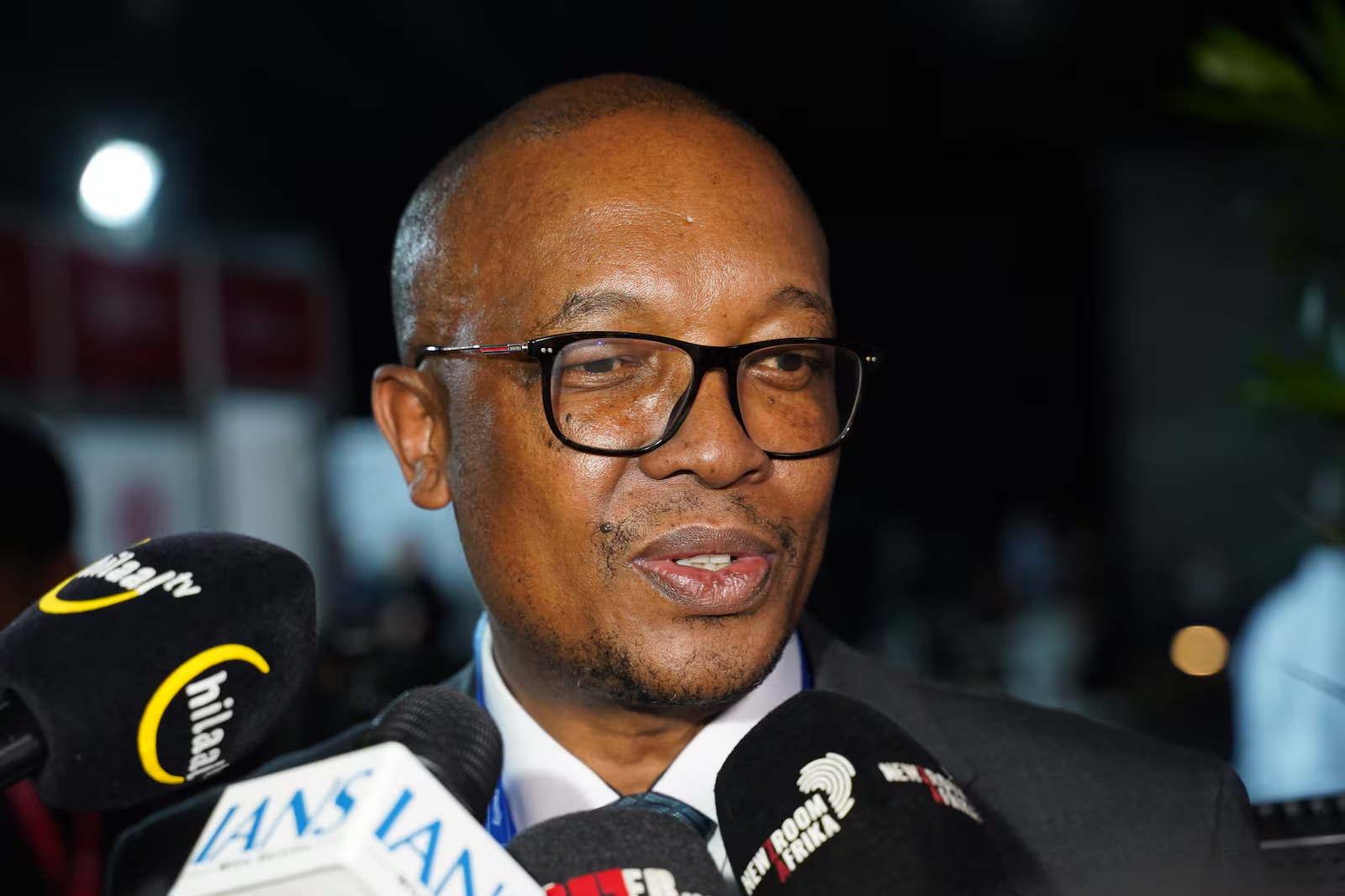Business
Seamless Digital Payments Are Driving Africa’s Next Economic Leap

As Africa celebrated Africa Day, the focus wasn’t just on our cultural richness and unity—it was also on the momentum behind our growing digital economy. One of the most transformative forces driving this change is digital payments.
From Lagos to Lusaka, digital transactions are becoming the bedrock of modern business and daily life. These tools are not just changing how we pay—they’re redefining how we live, work, and connect. And at the forefront of this movement is Flutterwave, a fintech company that has spent the past decade building a payments infrastructure for Africa’s future.
A Continent in Motion
Flutterwave’s journey began with a simple idea: make it easier for African businesses to receive payments from anyone, anywhere. Back then, cross-border transactions were expensive and riddled with friction. Today, with over 890 million transactions processed and presence in more than 60% of Africa, the company is enabling millions of people and businesses to dream—and deliver—on a global scale.
CEO Olugbenga “GB” Agboola has seen the impact firsthand:
-
A family-owned Nigerian business now ships products to the Middle East and the US.
-
A couple in London planned their Nigerian wedding stress-free thanks to seamless money transfers.
-
African diaspora communities support loved ones with instant digital remittances.
-
Ride-hailing and gaming companies scale across borders thanks to integrated payment systems.
It’s not just about convenience—it’s about empowerment.
The Numbers Tell a Powerful Story
Africa’s digital payment economy is poised to hit $1.5 trillion by 2030. Consumer spending is expected to surpass $3 trillion, and business revenues could soar past $500 billion. In mobile money alone, Africa leads the world—over 70% of global mobile money accounts and transactions were processed here in 2023.
These gains are the result of innovation meeting need. Whether it’s AI helping small businesses access credit instantly, blockchain securing land records, or digital IDs expanding financial access, technology is becoming an equalizer.
A Connected Continent with Borderless Potential
Thanks to platforms like Flutterwave, a South African e-commerce business can now sell in Kenya. A woman in Lagos can find new customers in Europe. A Tunisian startup can pay a Zambian developer in real time. That’s the power of a connected continent.
But challenges remain. Roughly 860 million Africans still lack internet access. Startups face growth constraints due to regulatory and infrastructure gaps. The solution? Collaboration. Governments, businesses, investors, and communities must build inclusive systems that work across borders.
Building on AfCFTA and Investing in the Future
The African Continental Free Trade Area (AfCFTA) presents a $3.4 trillion opportunity—but for that potential to be realized, trade must go hand-in-hand with innovation in payments, logistics, and policy. Imagine a future where trade across Africa is instantaneous, transparent, and accessible to all—from rural farmers to tech hubs.
To get there, Agboola calls for:
-
Progressive regulation that encourages innovation
-
Homegrown solutions tailored to African challenges
-
Patient capital that supports long-term infrastructure development
-
Continued investment in digital literacy, connectivity, and the “last mile”
More Than Payments—It’s About People
At its core, Flutterwave’s mission isn’t just about processing payments—it’s about unlocking opportunity. Digital tools are allowing Africans to bypass legacy hurdles and create real impact. As the world shifts, Africa is showing that inclusive innovation and human-centered tech are the way forward.
This Africa Day, let’s celebrate not just how far we’ve come—but how connected we’ve become. One payment, one connection, and one dream at a time.
{Source: The Guardian}
Follow Joburg ETC on Facebook, Twitter , TikTok and Instagram
For more News in Johannesburg, visit joburgetc.com


























